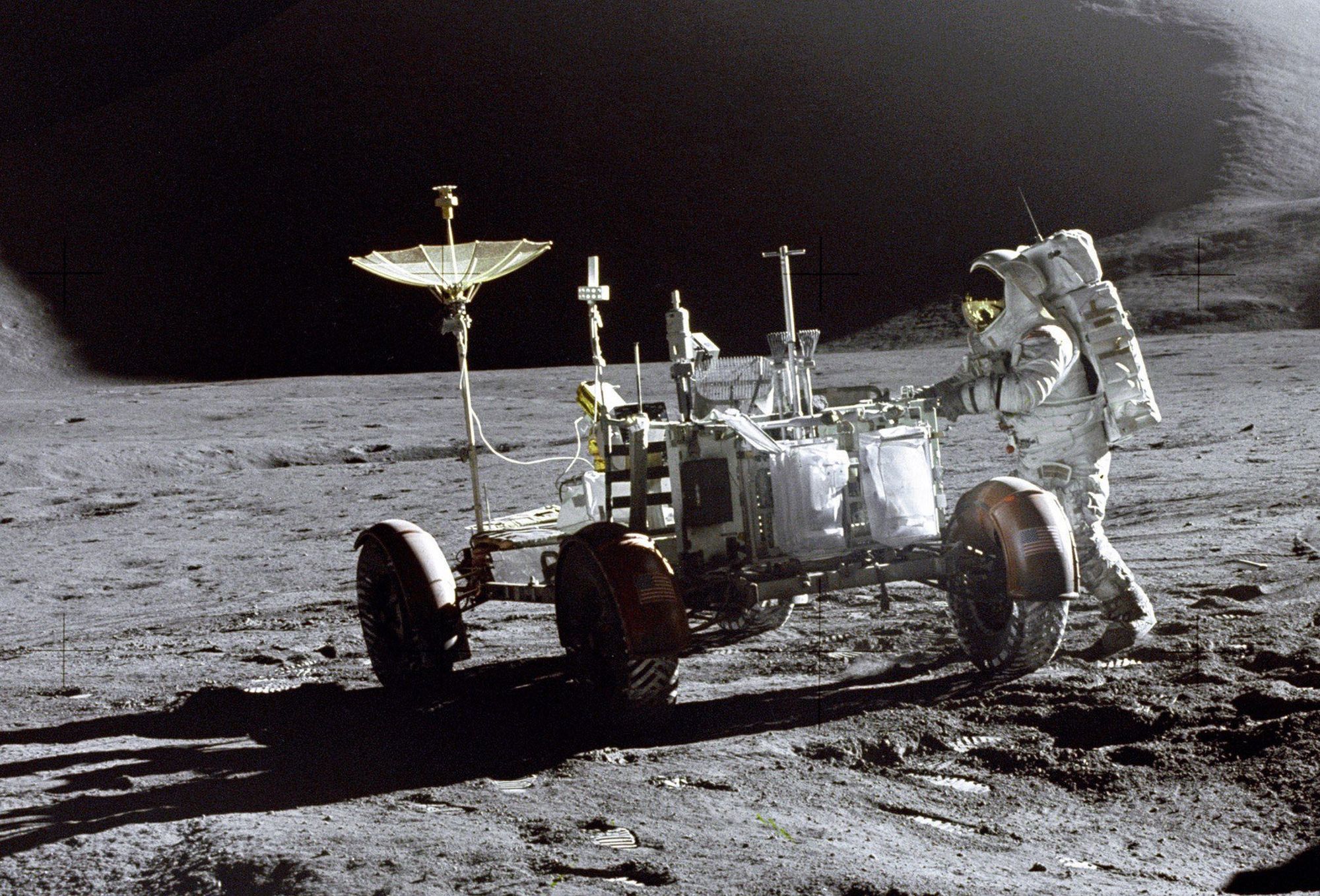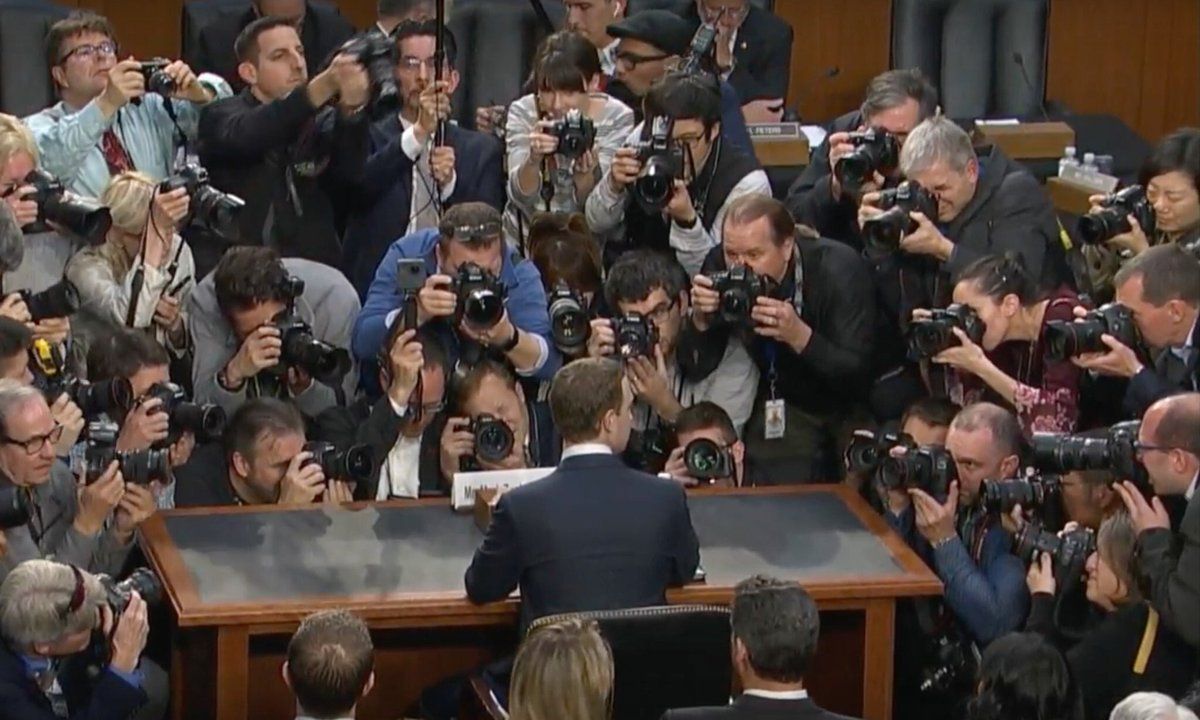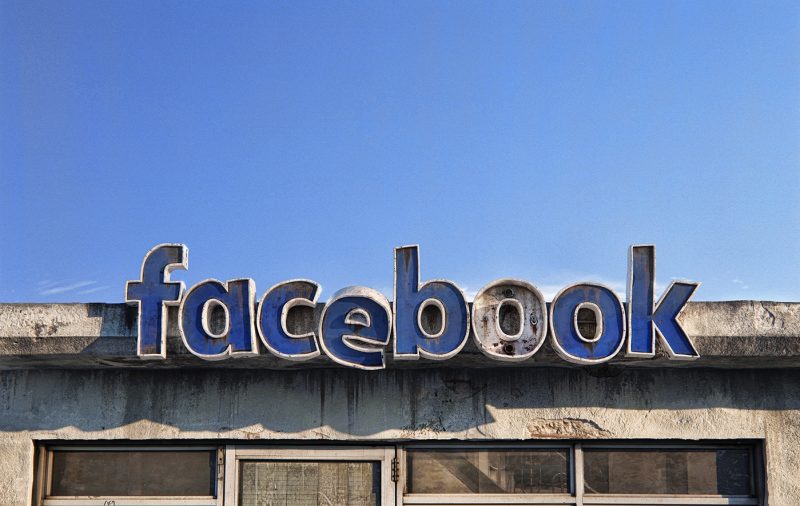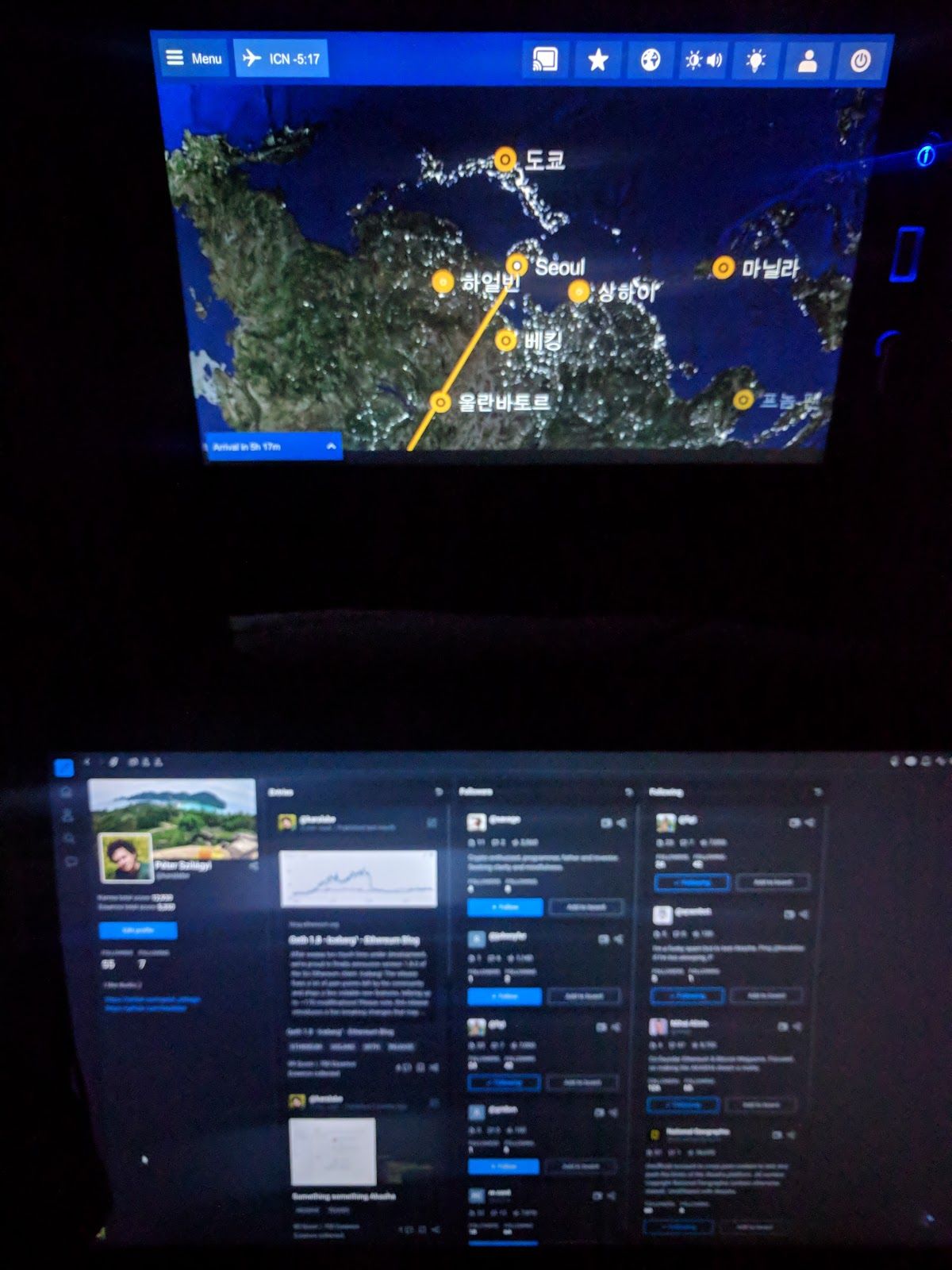Mending The Gap

We are super excited to announce that AKASHA is now accessible also from Mist and classic web browsers running the MetaMask and IPFS Companion extensions!!! \o/ This release also marks an important milestone because we are starting to close the gap between the (usually slow) user experience on decentralized services vs (usually faster) centralized ones. It’s quite magical, especially when considering how antithetical the two approaches are.
The slow loading times marking the early alpha and beta versions are starting to fade away as the codebase improves and the network grows stronger. The latest release (0.7.0) named *Mend The Gap* includes many optimizations and bug fixes that bring great improvements to the overall user experience.
The latest enhancements are even more noticeable in the desktop dapp but can be felt within the web dapp performance as well. That being said, we acknowledge that there is much left to do and we invite everyone to join us in pushing the boundaries even further in this odyssey of discovery!
Give it a try for yourself and let us know your thoughts!
The Wake-Up Call
“The truth will set you free, but first it will piss you off.” ― Joe Klaas

We are more optimistic than ever about the future of AKASHA, especially when taking into consideration the current state of the web and the existential problems faced by most social networks today. Looking back, it seems that taking the unbeaten path of radical decentralization was a good decision.
From the atrocious CLOUD Act passed a few weeks ago to the Facebook meltdown and its congressional hearings, we are witnessing a paradigm shift when it comes to the way in which we share and communicate with each other online.
People are starting to question “how” and “why” the services they used for years to keep in touch with their friends and loved ones are “free”.

Thomas Kuhn’s duck-rabbit optical illusion exemplifying how paradigm shifts can cause one to see the same information in an entirely different way.
Unsurprisingly, no one seems to like the answer, aside from the service operator(s) and various third parties that thrive by spying on users in a surveillance capitalist setup, also known as the “Big Other”.
Fortunately, however, it’s not all doom and gloom.
On the bright(er) side, we believe that in the long term the current behavior displayed by giants like Facebook is making things easier both for the users and for us. In their rush to defend and justify the “Data Death Star” built over decades of user privacy erosion, it’s becoming clear to more and more people that, beyond the hype, decentralization is a real need - not just a “want”.
Luckily, we have started working on these problems for some time now together with a worldwide community of passionate enthusiasts resonating with the idea of a better Web.
Just as the social networks built around data centers and fueled by surveillance capitalism business models are starting to crumble under their own weight, a new generation of networks powered by the users themselves will rise.
The dawn of a new information age is within reach.
Okay, But How Is AKASHA Different From … ?
“Be the change that you wish to see in the world.” ― Mahatma Gandhi

We have been asked many times how AKASHA is different from a number of social networks, including Facebook. In an attempt to summarize some of the biggest differences, we arrived at the following list:
Firstly, AKASHA does not track you. We all take privacy very seriously and strongly believe that your client-side data should be private by default. This is why both the web app and desktop app are free of analytics software.
Secondly, AKASHA does not follow you around with pesky ads. We believe that advertising is not a sustainable business model because it ultimately leads to privacy erosion for the users. This is why we are determined to explore alternative business models.
Thirdly, we take decentralization seriously and strongly believe that it is the only way forward for a healthy information-based society. This is why, for example, the web version has the IPFS part completely rewritten to enable browser peer-to-peer communication.
Fourthly, we believe that people should own their digital identity and have full control over it. This is why your AKASHA identity key is generated locally on your machine and accessible only to you.
Fifthly, as an AKASHA user you are in full control of your information flow and there is no middle-man or black-box algorithm deciding on your behalf what information you’re entitled to see or not. This is why the content is rendered client-side according to the user’s preferences.
Sixthly, this is not about competing with the “big guys” or building “the next Facebook”. This is about creating a new channel of expression so the people can keep the “big guys” in check. In a similar vein, we fully acknowledge that there is a long way to go until we can compete heads on with giants like Facebook, but AKASHA can still be a valuable alternative in the meantime - especially in times like these when the problem is Facebook itself.
Finally, AKASHA will not conduct an “ICO” just for the purpose of raising money. We are a self-funded and experiment-driven project and since unveiling AKASHA 2 years ago, we released 3 major dapps (alpha, beta, web) without outside investments and plan on testing the code thoroughly before any “real” money flows through it. If there will be an “ICO” then it will be for a token that actually solves an otherwise “unsolvable problem” in the overall system.
On this note, we recently had a breakthrough with the token layer and we are in the process of formalizing the ideas into a token framework alongside a new UX that will be presented at the EDCON conference in Toronto.
Looking forward to seeing you there! \o/
Towards A Better Web: Beta Status Update
“A concept is a brick. It can be used to build a courthouse of reason. Or it can be thrown through the window.” ― Gilles Deleuze

We are happy to say that, so far, the beta experiment is unfolding at a stable pace without too many hiccups occurring. Our faucet is holding strong and sent around ~2300 transactions to Ethereum addresses generated in-dapp.
From these 2300 vanilla Ethereum addresses, over 2000 decentralized identities were created in the 0.6.2 release and each AKASHA identity publishing on average one post.
This means a few things:
- Amazingly, thousands of users have actually waited 30+ minutes to synchronize with the test network. Respect.
- Following the synchronization, ~90%+ of users customized their profile and registered a username instead of using a simple vanilla ETH address. Coolest people on da blockchainz.
- After creating an identity, ~90%+ of the users figured out how to manify AETH (transform the ERC20 token from one state to another) in order to post. NOICE.
It’s worth mentioning that these numbers were achieved in stress conditions as the Rinkeby testnet has been under continuous spam attacks by a bot which has been scanning public addresses and sending very small amounts of test ETH in large batches for around two months now.
In case you wondered what was up with this post on Reddit, now you know:

Special thanks go to Peter Szilagyi for his continued work on thwarting the bot’s impact on the overall network and for ultimately making the network stronger against such tactics with this Pull Request.
Moving up a layer to the AKASHA dapp, the prize for the best stress testing of the 0.6.2 release goes to, again, Peter Szilagyi for the amazing experiment of running AKASHA at 11,000 meters’ altitude above China. Epic.

*Looks like the sky is *NOT** the limit after all!
Before moving on, we’d like to thank everyone from the bottom of our hearts for taking the time the time to play with AKASHA!! You’re awesome! We hope that you had a pleasant experience and that you’ll have a nice surprise in terms of performance and stability with our newest 0.7 releases - both desktop and web versions.
Fingers crossed :)
Enter The AKASHA Web Version
“Success is always a matter of some luck and timing.” ― Kathleen Kennedy

Thanks to the hard work of the team, AKASHA is now accessible also from Mist, as well as all browsers running the Metamask and IPFS Companion extension. Big ups go to Marius, Vali, Bogdan, and Sever for plowing through what seemed at times as an unending mountain of bugs in order to get this historical release into your hands! \o/
We hope that the web version will encourage more users to give AKASHA a try, helping us in the process to learn what the “breaking points” are and where they are for a decentralized social network powered by Ethereum and IPFS.
Let’s see how far can we take it!
With this in mind, we invite everyone to join us because we need help with:
- Stress testing the new smart contracts’ architecture and security
- Stress testing the carrying capacity of the Ethereum network and blockchain
- Stress testing the carrying capacity of the IPFS network
- Testing our crypto economic assumptions & incentives structures
- Testing the new information architecture and UX/UI
- Collecting feedback for the main Ethereum chain deployment plan
These tests will ultimately come down to how much transactional output a decentralized social network with many users generates, and how well the Ethereum and IPFS networks can handle it.
If we can uncover insights and answers to questions such as “How far can we push things?”, “Should we actively engage the Ethereum mining community for raising the gas limits in anticipation of the main chain deployment?” and “What would be the gas limit that allows AKASHA and the entire Ethereum ecosystem to comfortably coexist on the same chain?” we think that we’ll be well on our way to a successful launch - for everyone.
That being said, before jumping into the ether, beware: this is pioneering at its very best, and through your involvement, you are all pioneers. Since this is a beta, it comes with all the instability associated with early experiments. Just as the first flight attempts were not necessarily safe or comfortable - failures, glitches, and random errors should be expected here too.
If, or rather when, you will stumble upon a problem, be a hero and open an issue! This way, you’re helping us to improve the experience for everyone! \o/
And now, without further ado, here is how you can get started with the web version:
Instructions For Web Pioneers
*Step 1a Chrome users install the extensions: MetaMask & IPFS Companion
*Step 1b Firefox users install the addons: MetaMask & IPFS Companion
*Step 2 Create a MetaMask account by following their instructions
Step 3 Visit beta.akasha.world
Step 4 Set up your MetaMask on the Rinkeby test network
**Step 5 Unlock your MetaMask vault (if necessary) to log in and refresh the page
(*) Steps 1 and 2 can be skipped if you already have MetaMask installed
(*) In case the web app will display a white page please check if your MetaMask extension is working properly
More detailed tutorials for the Web version can be found here thanks to Sebastian!
On the other hand, the users preferring the desktop app experience should follow the instructions below:
Instructions For Windows Pioneers
- Download the .exe installer or the .zip archive from our official beta GitHub repo
- Run the installer or extract the files contained in the .zip file
- Open the AKASHA dapp and synchronize with the network
- Create or import an AKASHA identity (profile)
- Log in and enjoy AKASHA
Instructions For Mac Pioneers
- Download the .dmg installer or the .zip archive from our official beta GitHub repo
- Run the installer or extract the files contained in the .zip file
- Open the AKASHA dapp and synchronize with the network
- Create or import an AKASHA identity (profile)
- Log in and enjoy AKASHA
Instructions For Linux Pioneers
- Download the .deb installer, .AppImage or the .zip archive from our official beta GitHub repo
- Run the installer or extract the files contained in the .zip file
- Open the AKASHA dapp and synchronize with the network
- Create or import an AKASHA identity (profile)
- Log in and enjoy AKASHA
Linux users can also install the dap via snapcraft or by running snap install --classic akasha (full permissions) or snap install akasha(strict mode). To update an existing snap install, run snap refresh akasha. Pretty cool, right? :)
Important notes:
- Please do not send ETH to anyone claiming that AKASHA has an ICO or a pre-sale. If/when an AKASHA “ICO” will be conducted we will announce it on all our official channels. If anyone claims that there is an ongoing AKASHA sale/private-sale/ICO but you can’t find anything about it on our official channels (Twitter, Discord, the AKASHA dapp, etc) you can safely assume that it is a SCAM. Stay safe and thank you for being part of this project!
- Do not download/install AKASHA from other users or websites and always verify the digital signature of the dapp. The digital signature should display AKASHA International GmbH.
- Do not send real ETH (ether) to your in-dapp addresses. The dapp works with test ETH and is currently deployed on a test network. But don’t worry, we've got your back - you will receive test ETH and test AETH tokens when creating your account.
- The Ethereum Rinkeby test network blockchain needs ~3GB of diskspace in “Normal Sync”, around ~500MB in “Light Sync” and should take about ~30 minutes. The Web version does not need to sync as it relies on Metamask for the blockchain interactions
- Please be aware that this is a beta and by no means a final product. We expect AKASHA to evolve a lot in the first years and we see you, the Community, as the main source of this evolution. Thank you for your understanding!
